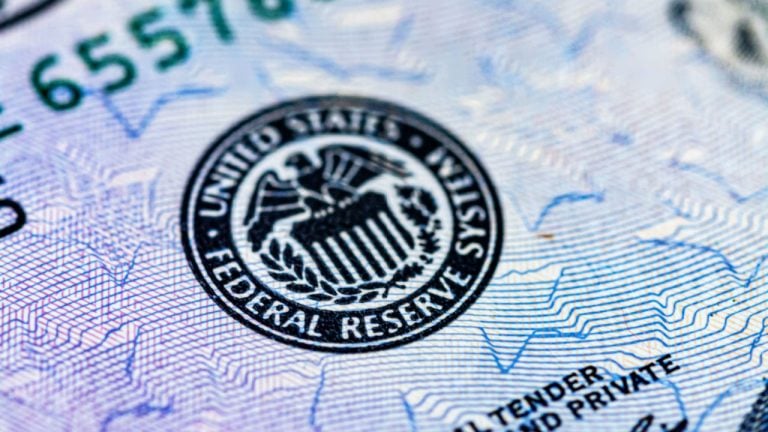
Caitlin Long, the founder of Custodia Bank, has railed against the favoritism that the Federal Reserve and the institutions of the U.S. financial system are supposedly showing to incumbents. According to Long, regulators have applied double standards when permitting established financial institutions to serve the crypto market and access instruments like Fed master accounts.
Custodia CEO Caitlin Long Accuses U.S. Federal Reserve of ‘Incumbent Bias’
Caitlin Long, founder and CEO of Custodia Bank, has stated that the U.S. Federal Reserve and other regulators are favoring incumbents when it comes to allowing them to offer cryptocurrency-based instruments in the U.S. market. In a recent interview, Long, who was part of the Wyoming Blockchain Select Committee, declared there is a “coordinated crackdown” on cryptocurrency banking service providers, with the involvement of the White House in the process.
She commented it was “interesting” that after regulatory action against established players in the crypto industry, large incumbents like Charles Schwab, Citadel Securities, and Fidelity Digital Assets announced the launch of EDX, a cryptocurrency exchange.
For Long, this indicates that state financial institutions such as the Fed are “picking and choosing” which companies and banks can get access to their services. On this, Long stated:
The Fed thinks only large incumbents should service crypto. Start-ups that comply with all Fed laws, rules & regulations are being kept out, while Fed lets large incumbents proceed.
Custodia’s Master Account Crusade
Long, who has criticized the treatment of crypto by the U.S. government before, has been at the center of a battle to get Custodia Bank admitted as a Federal Reserve member and to get access to a Federal Reserve Master Account. The startup was denied access to this instrument, which allows for direct banking with the Fed without facing counterparty risks from other commercial banks, due to its “proposed focus on crypto-assets” which “presented significant safety and soundness risks.”
However, Long has found that other institutions which did not qualify legally for having a Fed master account have been using one for some time, according to the recently released master account database.
Long explained:
I see institutions on the list of Fed master account holders that do not appear to be eligible (eg, state-chartered trust companies. So, Reserve Trust wasn’t alone). Under what authority did the Fed grant master accounts to ineligible institutions?
Custodia and the state of Wyoming are taking legal action against the Federal Reserve for not providing access to the central bank’s payments system.
What do you think about Caitlin Long’s stance on financial incumbents and crypto? Tell us in the comment section below.
from Bitcoin News https://ift.tt/7b6SqwK
Comments
Post a Comment